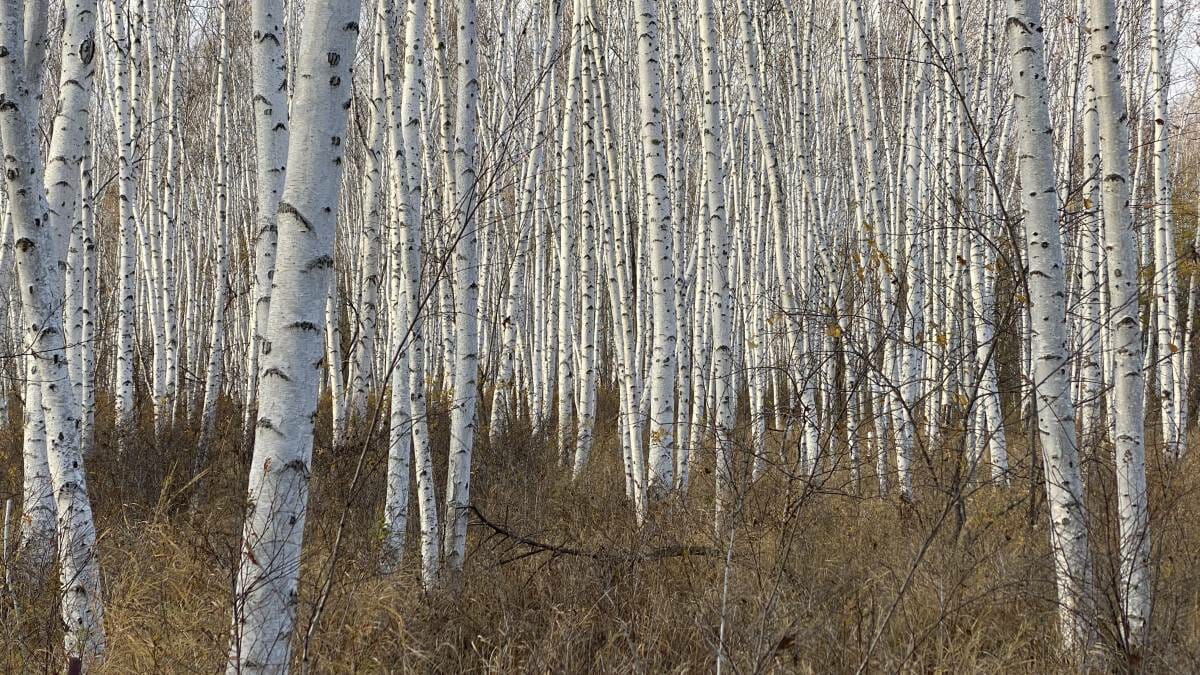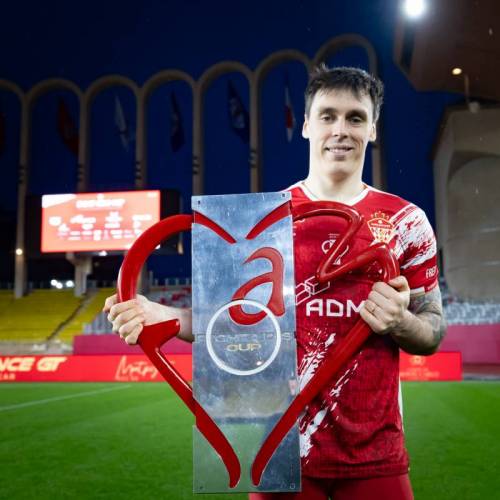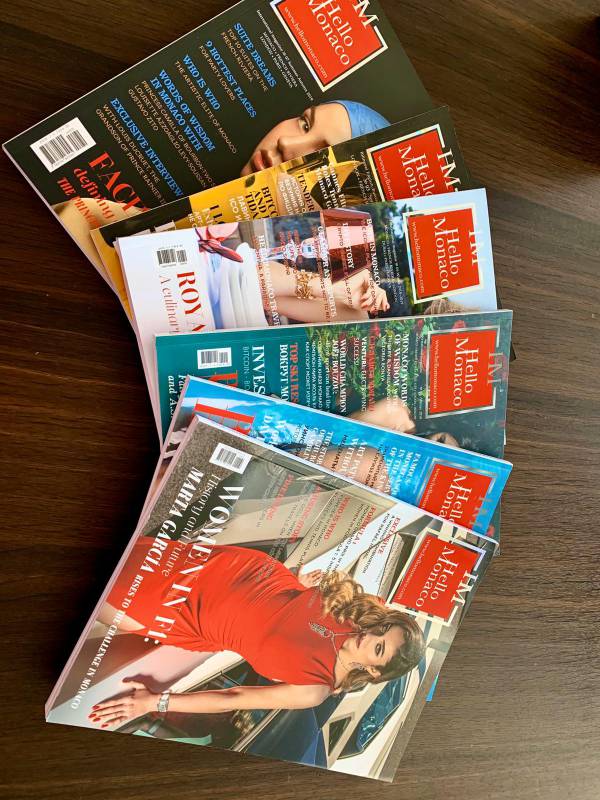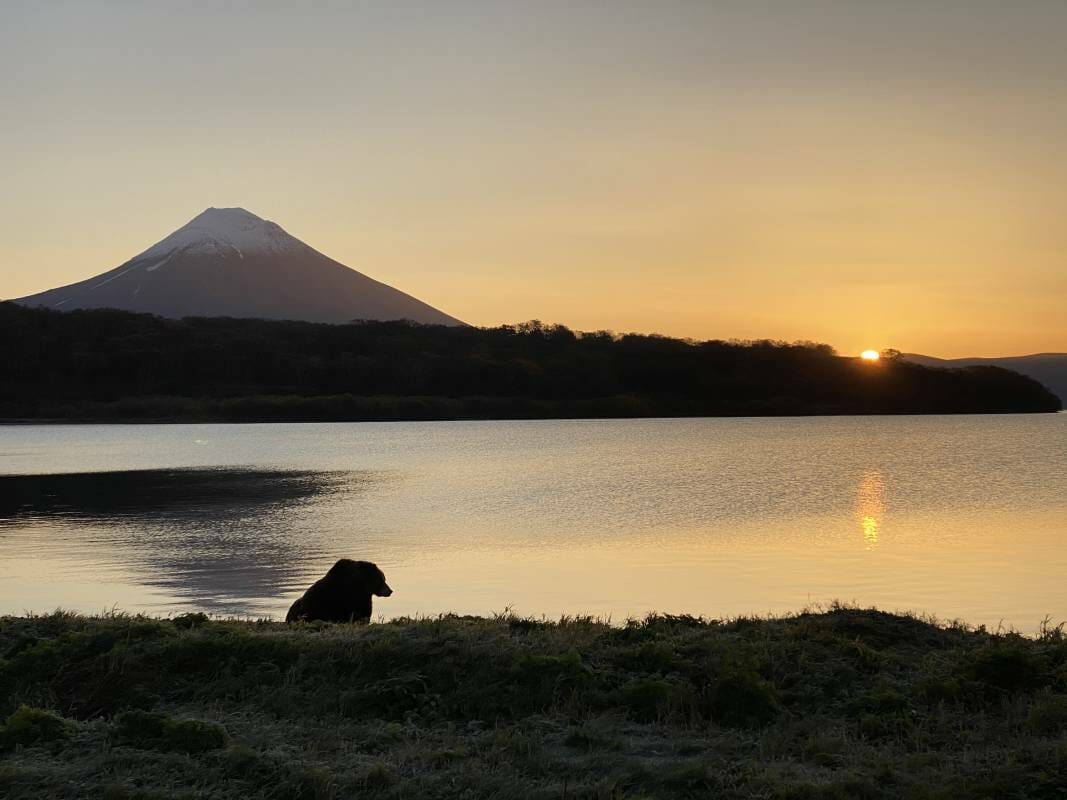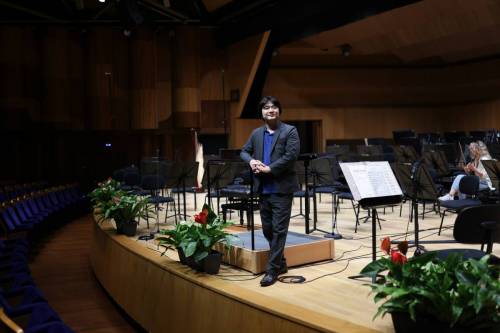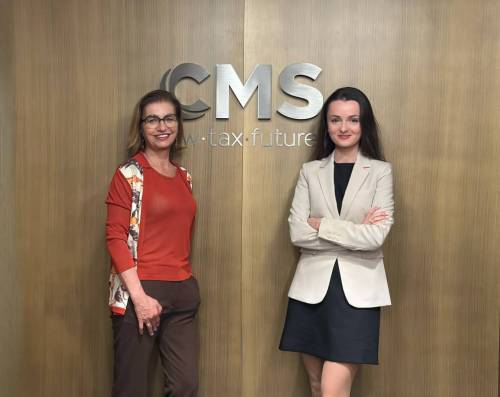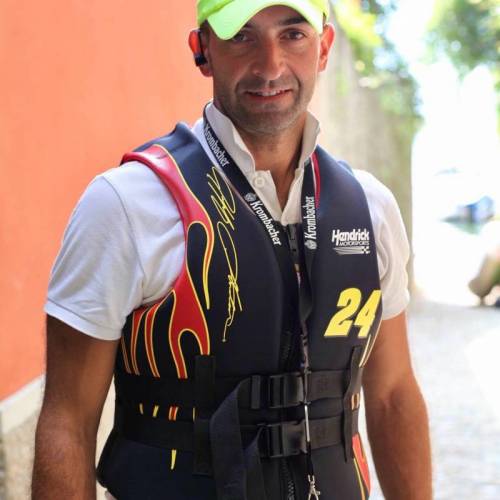Luc Jacquet is a gifted French film maker and screenwriter with a solid educational background in biology as well as relevant training in natural exploration. Just after finishing his studies, he plunged himself in a genuine 14-month adventure at Dumont d’Urville scientific base in Antarctica where he started being fond of photography and communication, particularly communication of science.
All this will ultimately allow him to reach important goals. His feature-length film, “March of the Penguins”, launched in 2005, has become a global blockbuster followed by more than 25 million viewers. This was the starting point of a wave of success that has been lasting since then, including an “Oscar” in 2006 and many prestigious acknowledgments. His commitment to encourage the preservation of the ecosystem through images and film productions inspired him during the creation of the Wild-Touch association, founded in 2010. Working closely with scientists and their highly skilled associates is a “modus operandi” of his documentary productions such as ‘Once upon a Forest’ (2013) and ‘Ice and the Sky’ (2015). This latter was supported by the glaciologist Claude Lorius giving birth to an innovative multimedia program focused on climate change.
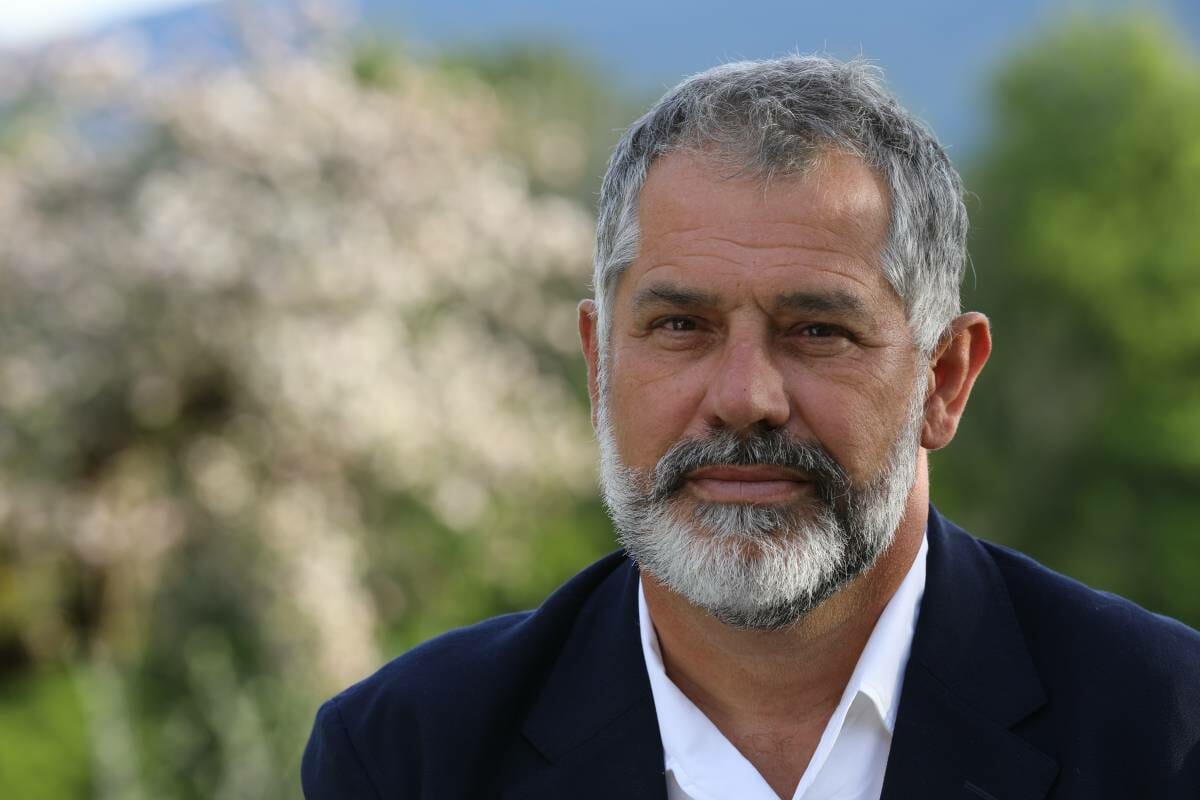
HelloMonaco: Your most recent ongoing project ‘Siberia’ is about a true adventure through one of the wildest and most mysterious areas of the Russian continent, Siberia, which includes very different ecosystems. Where does this choice come from?
Luc Jacquet: I have always been attracted by wild environments more so than the civilized and the Russian Far East is an almost unknown location. Before visiting that area, I could barely place Vladivostok geographically. Then I had the chance to meet the writer Cédric Gras, a regular visitor of wildest Russia, who is the author of a book that attracted me the most, “L’Hiver aux Trousses” (Winter on your tail). That was the result of his personal two-month journey from the North end of Siberia to the Sea of Japan where he got in touch with local people while having to use every type of means of transport, car, train, aeroplane and boats — and feeling completely at ease. That poetic approach allowed him to experience traditional lifestyles and report it to readers. I really liked his project to the extent that it could be an inspirational source for a new film.
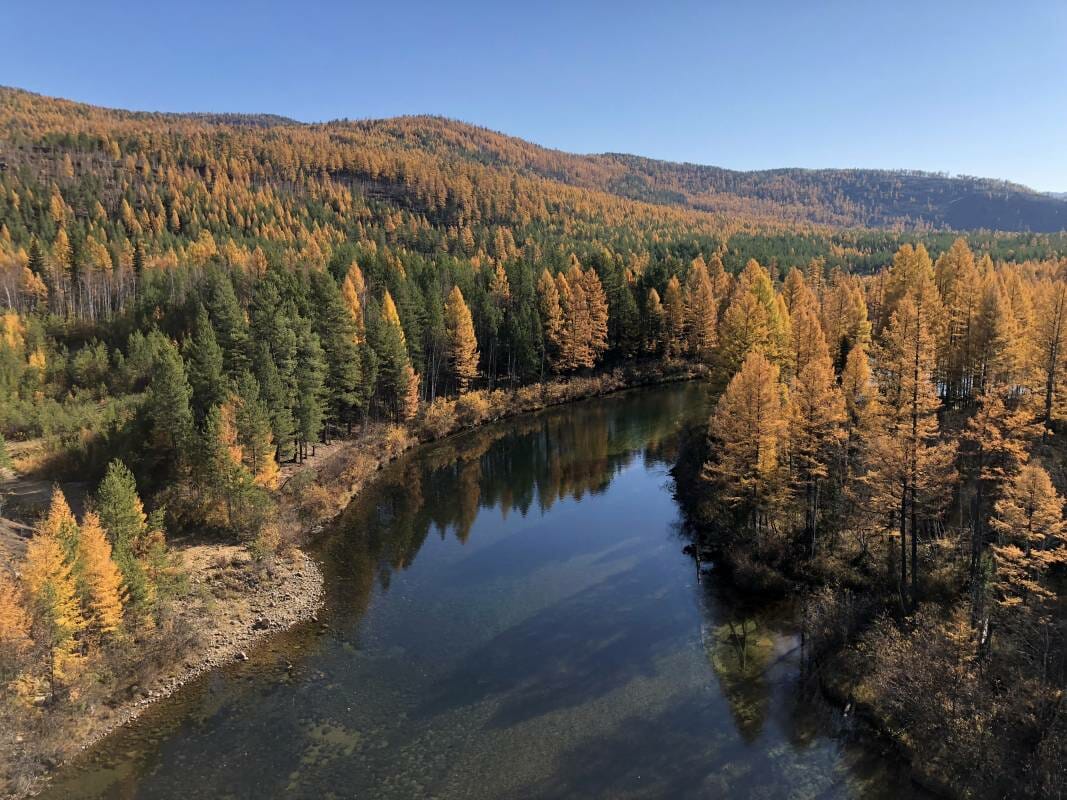
Therefore, I joined him in a wonderful adventure three years ago, crossing the great Baikal area starting from Bodaybo town to the Far East. I literally fell in love with that region of Russia both for its natural and human side: a balanced mixture of cruel savagery, wilderness and vastness which attracted me a lot. Back from the journey, I wondered why such a territory is not as well-known as the American Far West, having a past full of history, from gold researchers to Cossacks, their local “cowboys”. The greatest explorers passed through that land! I started thinking how best to set the storytelling through in-depth research on the topic. This year, from August until the end of October, I will be there again for filming including some natural reserves — with an authorized and not very numerous team of members especially where there are access restrictions.
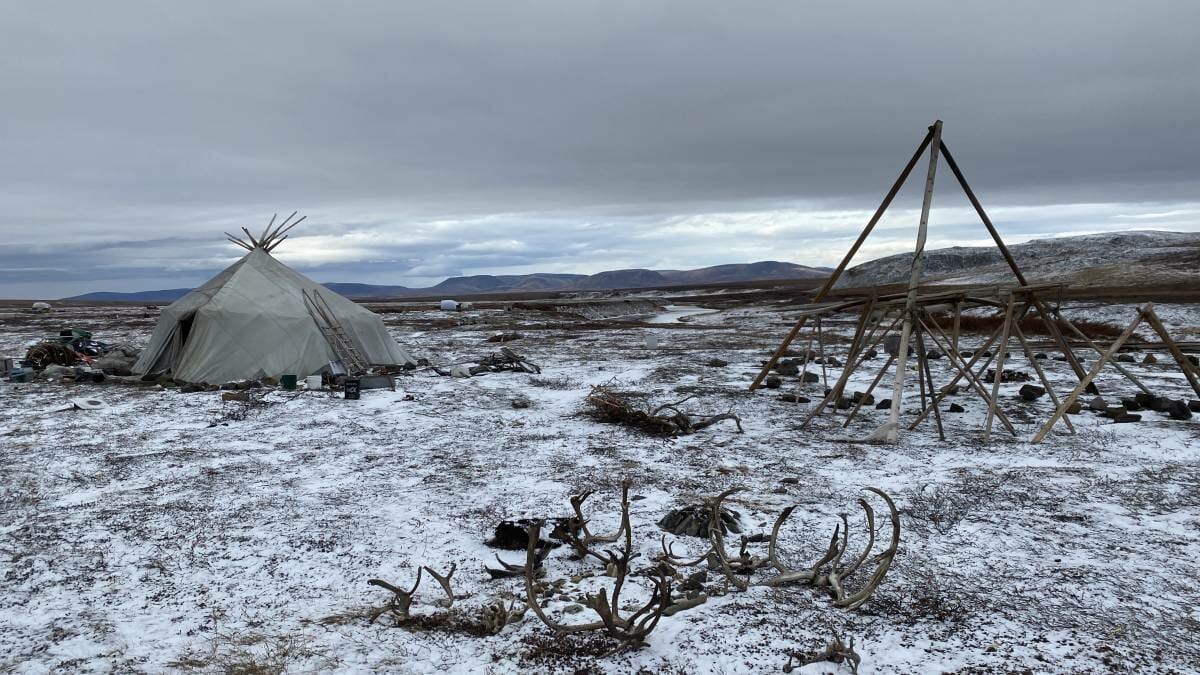
It will be a whistle-stop tour from the wide tundra of the Chukotka region, in the Arctic Circle, to the Southern volcanic Kamchatka, nestled in boundless forests and a remarkable water system, including Kurile Lake, up to Primorsky Krai, the amazing maritime coastal area. It is a thousand-kilometre natural ecosystem where a scientific team and I will be in contact with extraordinary local wildlife. Nowadays, it is quite rare to find an almost unexplored place to discover, suitable to amaze and surprise the audience. Therefore, it was my intention to go directly to those places for shooting the film & documentary showing true images of that environment. In order to make the story even more realistic, about half of the film dialogues will be in Russian, including professional actors and local amateur performers, heirs of their relevant traditional heritage such as the Chukchi’s. A real challenge presents itself in less than two months.
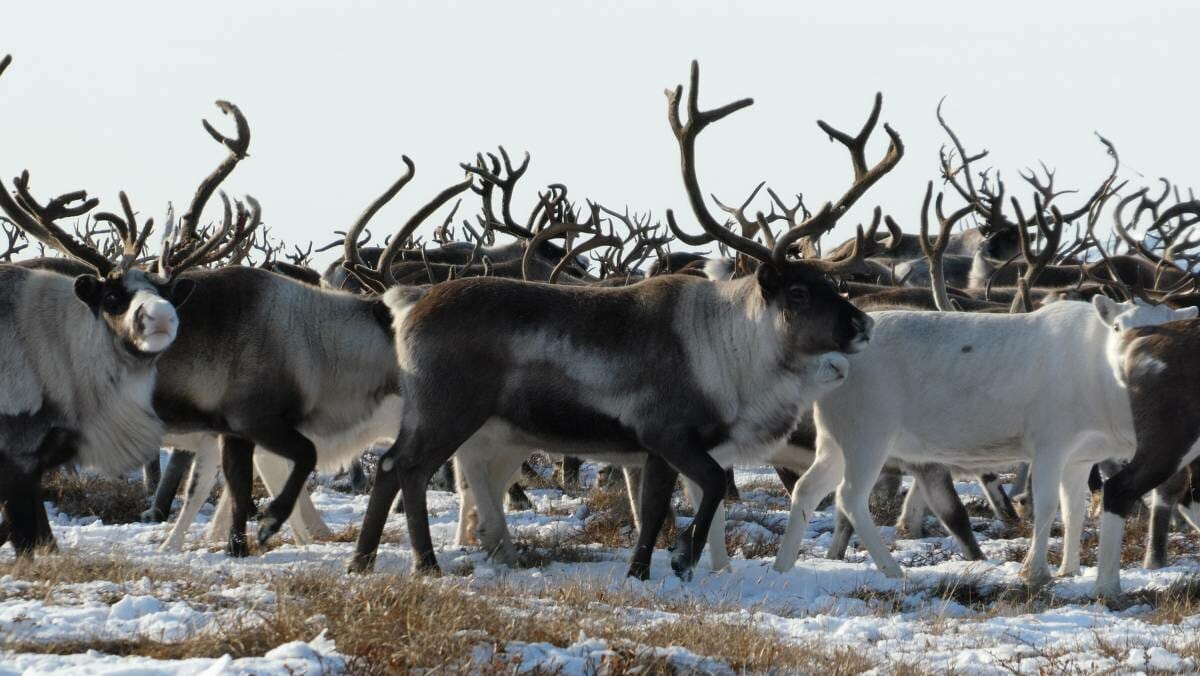
HM: Can you reveal something in advance about the motion picture plot?
LJ: ‘Siberia’ is about the fictional story of Vadim, a naturalised French orphan who decides in the early 1990’s to return to Russia in search of the traces of his father’s passage. His father had disappeared at the end of Stalin’s era. It becomes a unique opportunity for Vadim, and his fellow traveller and best friend, Macha, to meet incredible people and have exciting experiences during his long journey.
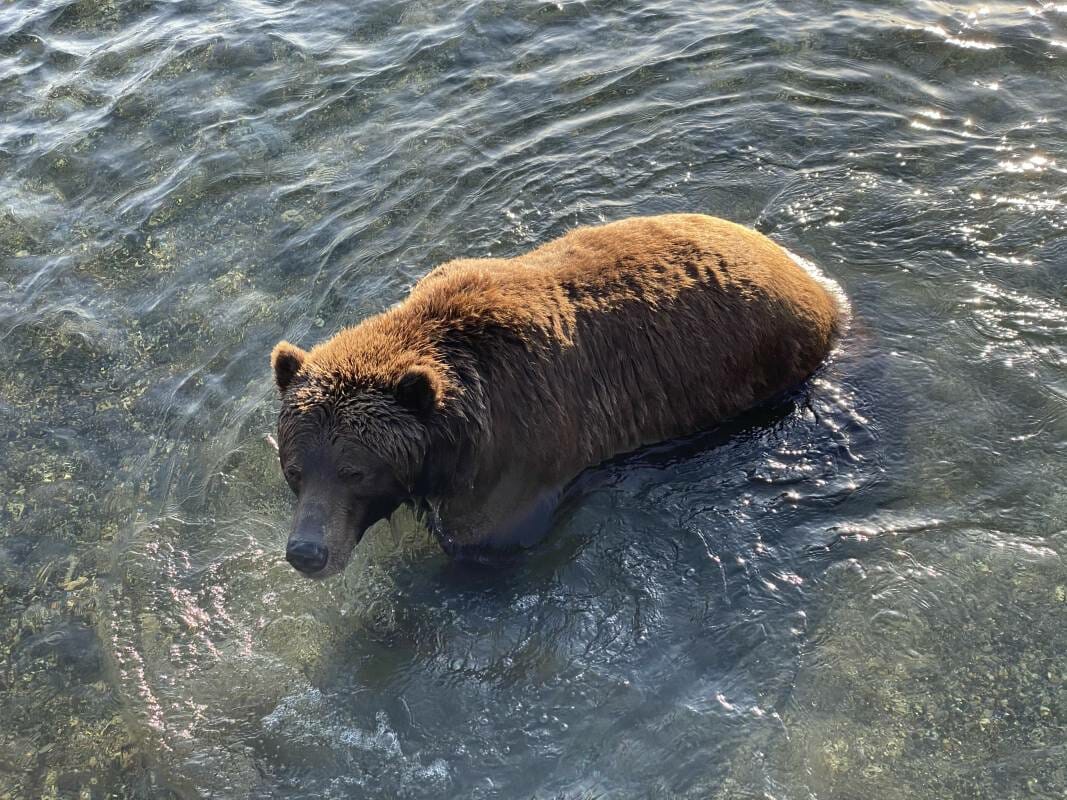
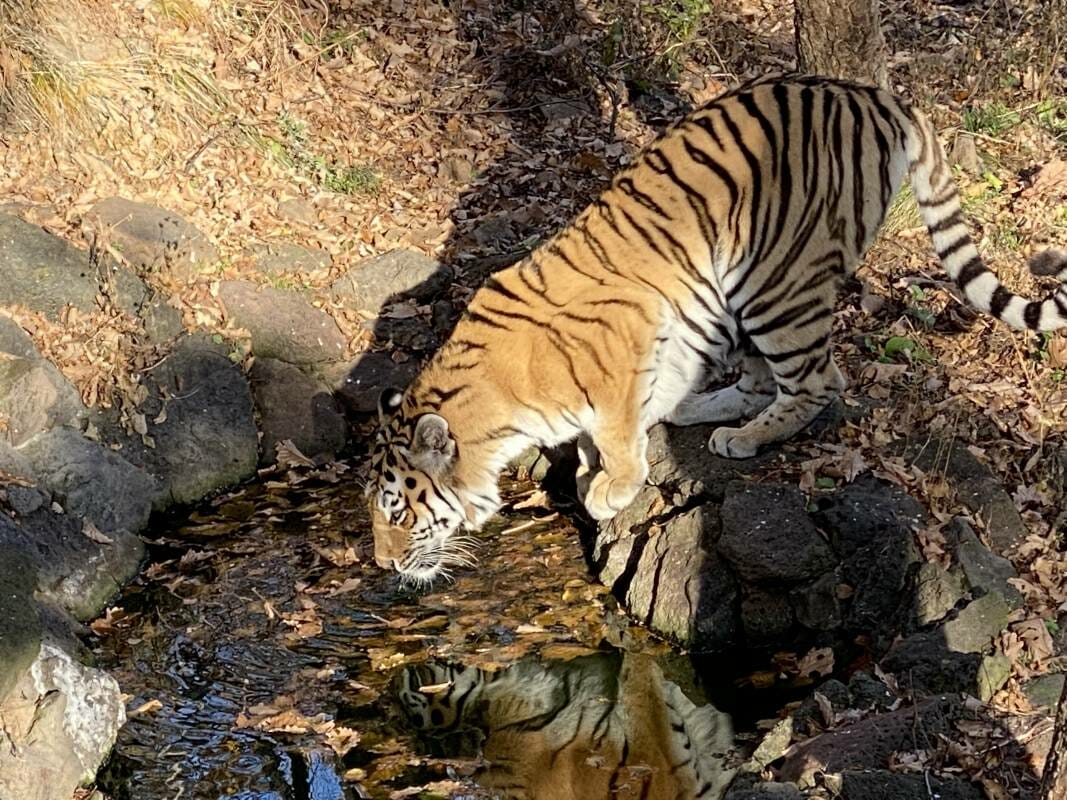
HM: Besides your film production, you have created a relevant network of partners strongly linked to the Principality. Can you tell us about the novelty of your economic approach?
LJ: Travelling so many miles, meeting so many people, investing so much time just to produce a single film, frankly it is not worth it, in conventional financial terms. The audiences who enjoy my productions in the cinema are definitely important but there may be other parties interested in the information, the visuals and the data we collect while filming. Through the IceBreaker Studios Broadcasting & Media Production Company I founded, we have developed a new paradigm inspired by major American studios. Our economic model, which is going to be launched in Monaco, is grounded on many-years of experience, being shaped in close cooperation with the Prince Albert II of Monaco Foundation and the Gouvernement Princier. First of all, we choose a key topic, a geographical region and a specific issue. We expand then this basic track through different Media channels each with their own audience and different economic models. All that allows us to be totally independent and to create the highest quality result at international level. These aims can no longer be achieved through traditional film production where you usually work with many co-producers with significant financial expenses, at the same time being unable to own the full rights of your work. On the contrary, we are 100% copyright owners so that we can create many projects on the same theme simultaneously, also addressed to academic research and educational systems. Last but not least, we decided to create an independent way of dissemination without the need to rely on existing museums. In other words, we established a direct relationship between the consumer (= users, visitors and spectators) and producer us, offering to our investors attractive long-lasting revenues.
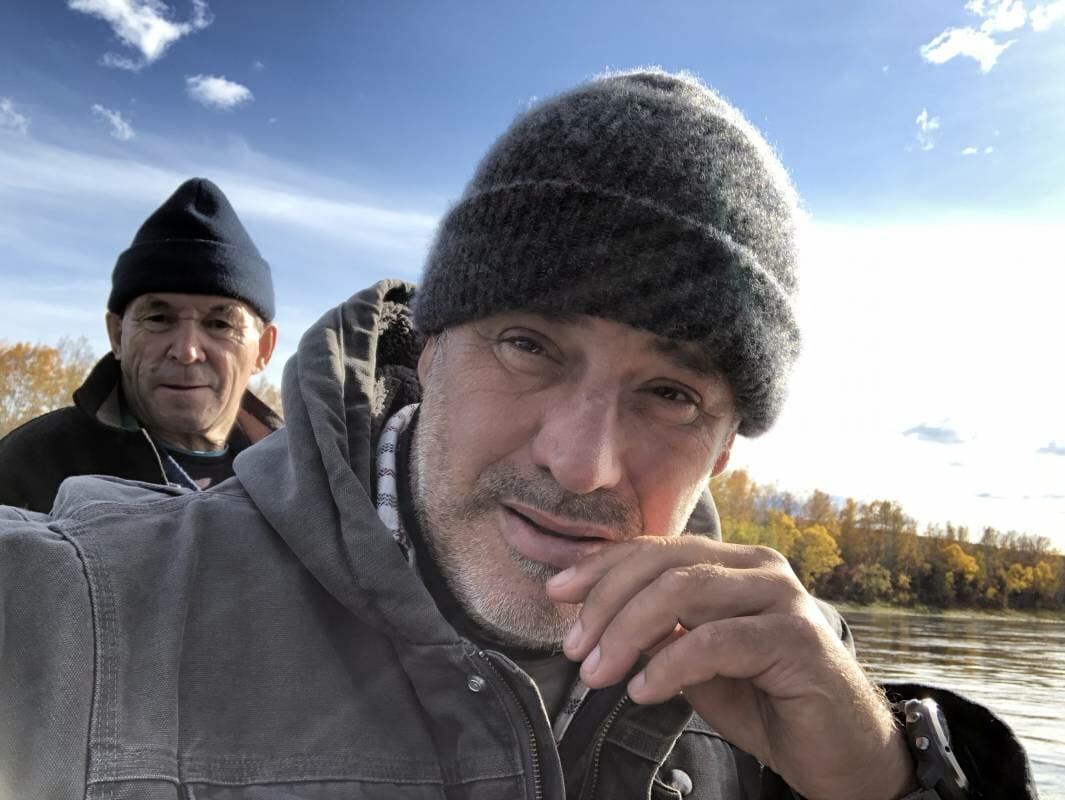
HM: What are the other Media tools?
LJ: In addition to the motion picture, I conceived a new themed exhibition following the successful outcome of a previous one devoted to the Antarctica. “Babie Leto, an Autumn in the Russian Far East” is an immersive touring tent show room which will be visiting ten European major capitals in around eight years. All visitors will experience the extraordinary natural change that occurs every autumn in Siberia through a balanced mix between cinema and museography to satisfy the desire of pure entertainment as well as that of knowledge. The project is complemented with the realization of a full-length TV documentary “In the footsteps of Dersou Ouzala” written by Cédric Gras on the footsteps of Vladimir Arseniev, a Tsar officer who ventured in that region as a pioneer led by a special local scout. It will be more than a biopic, leading to the discovery of extremely interesting fauna and flora in the process of metamorphosis to better face the long winter.
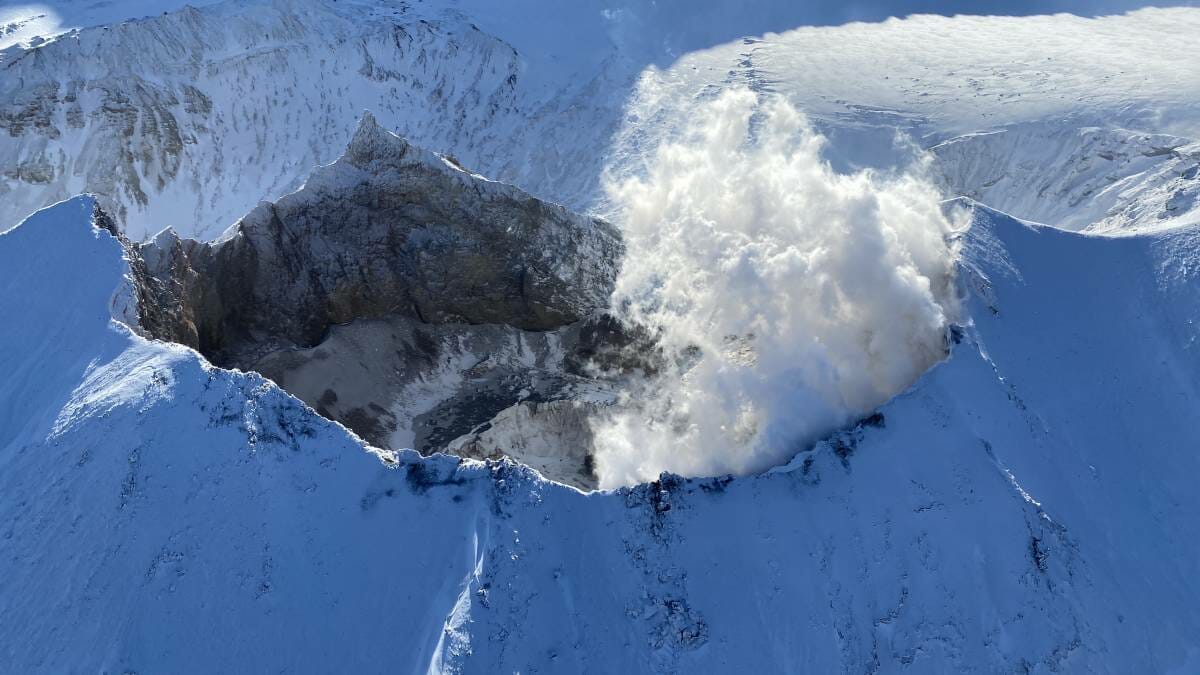
A series of further documentaries about Siberian ecosystems will be disseminated as a set of targeted books with wonderful illustrations. A large part of the project will therefore be focused on “e-learning” for sharing the knowledge. We would like to offer all audiences an inspiring awareness “package”.
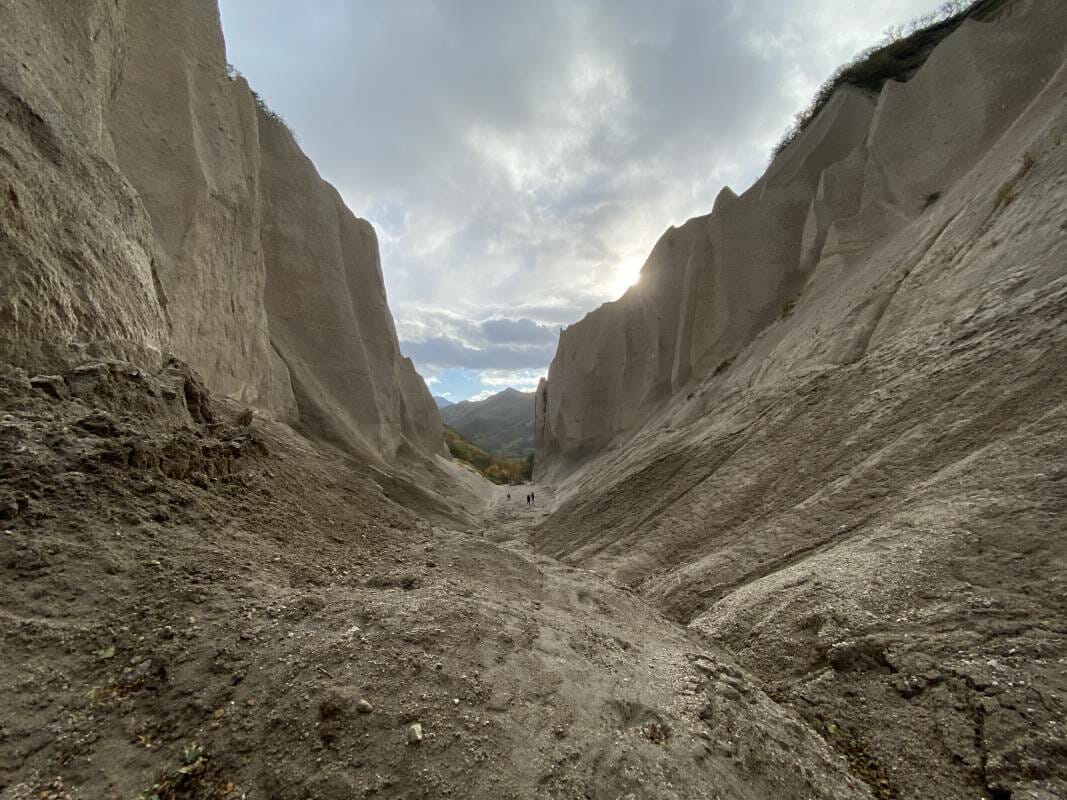
HM: Can you describe where does this “winning recipe” come from?
LJ: I had the chance to have a scientific training and a special sensitivity to Nature. Moreover, I had the opportunity to visit the most beautiful ecosystems in the world narrated by skilled scientists. I do believe that, to have a future on this Planet, we must always share ideas and the “language of cinema” is the best way to communicate it.
HM: What did ‘Oscar’ recognition for “March of the Penguins” represent for you? What does success mean for you?
LJ: Success is always incomprehensible. To see such a response from international audiences who wanted to see your film even though they have never heard of it before is amazing. I think that the appreciation for what you do is the best reward for an artist. Then, what a better way to describe the struggle for life in the most extreme conditions? The life of penguins I narrated in that film is surely the metaphor of life.
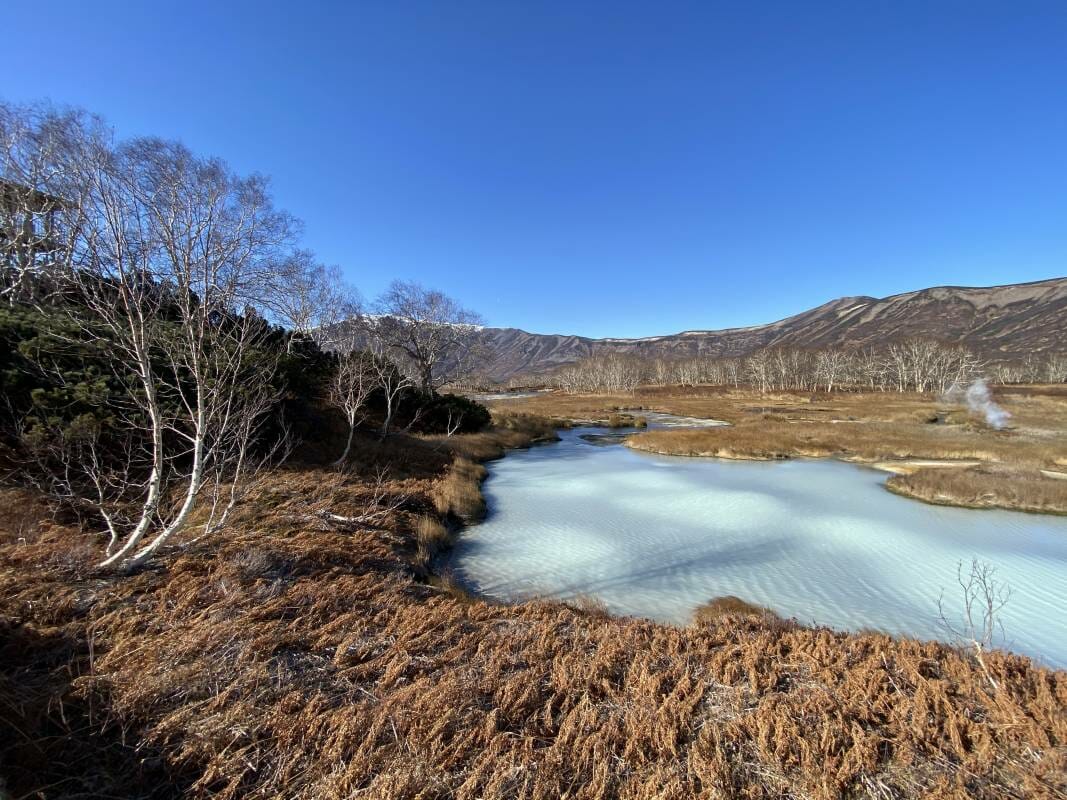
HM: Why did you choose to set your headquarters in the Principality?
LJ: The Sovereign Prince and his Government’s primary interest in environmental issues and the digital transition we are assisting with in Monaco fits perfectly with our new business model. The mission is to be coherent to the needs of the new economy, attracting investors who are pushing to join the cinema network. The Prince Albert II of Monaco Foundation has been supporting all my projects over the last ten years. Moreover, I came to the conclusion: if you would like to keep telling everyone about the Natural World and the relationship between Man and Nature you need to go beyond business as usual to be really impactful. Monaco proved to be the best context in order to expand interest and market.
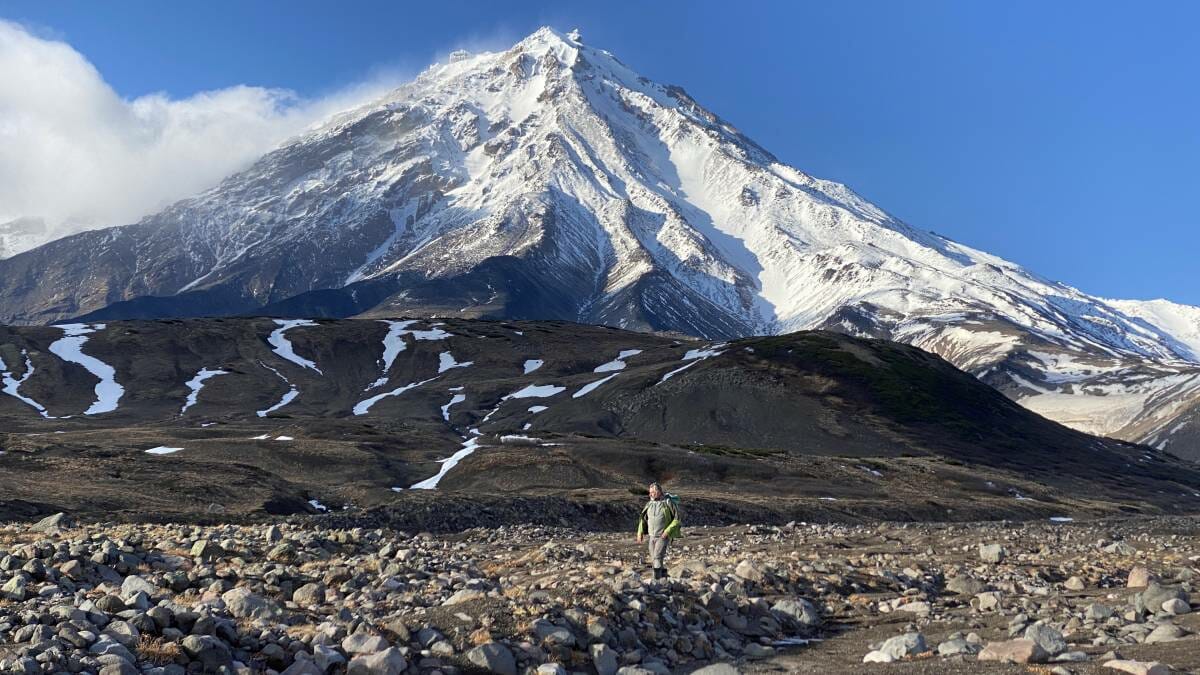
HM: The COVID-19 pandemic pushed us to rethink our way of living, how much did it influence your job?
LJ: My film production wants to satisfy people’s desire to amuse themselves. We all need to understand; we all need to experience. So, the audience has to be assured, now more than ever, after receiving contradictory information on life, science and biology during the lockdowns. They must be able to contemplate the beauty of Nature to understand that the world is not finished yet and ecosystems must be preserved for the future. Transmitting this energy through my films is a great satisfaction.
